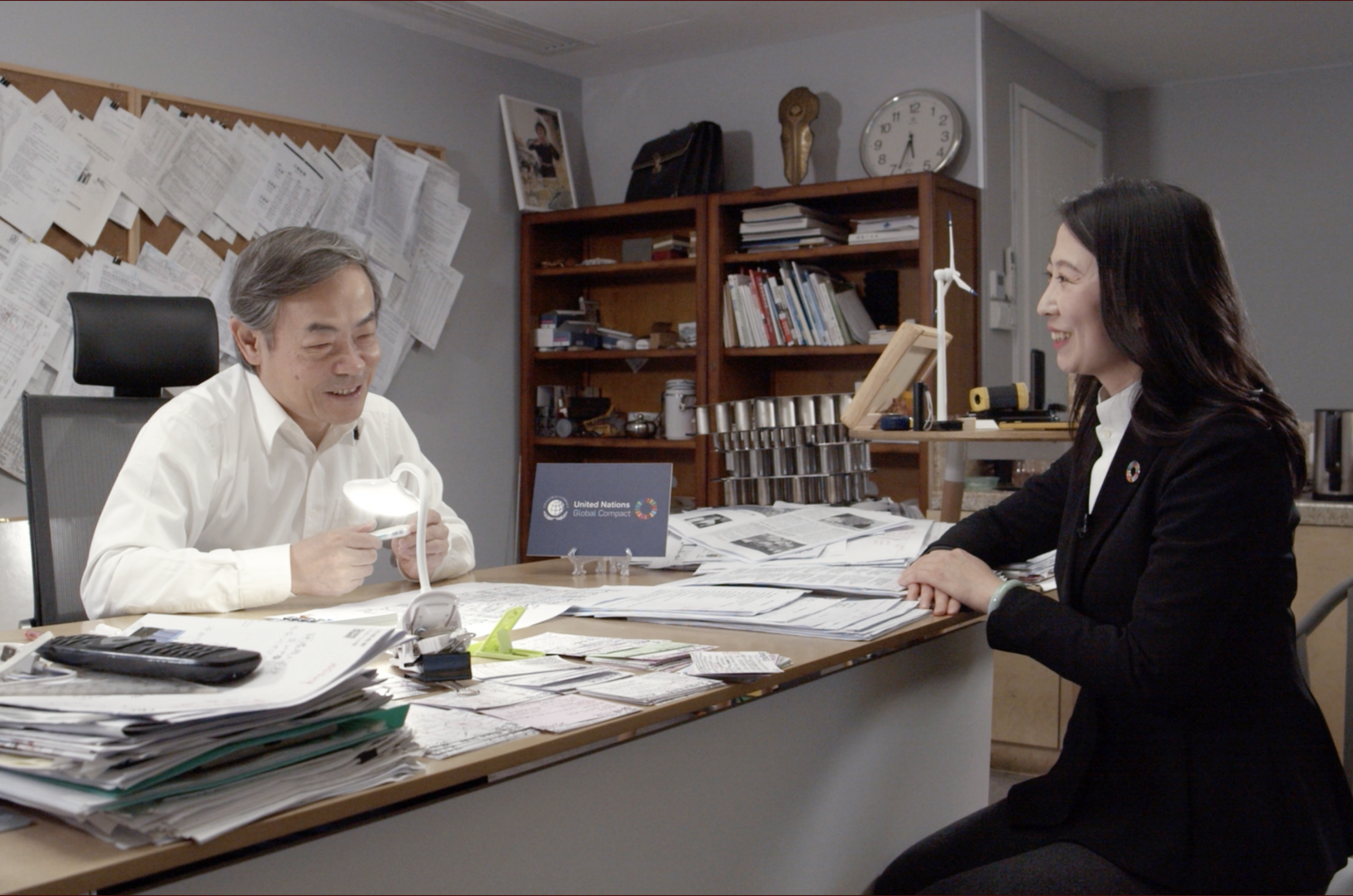
(Yicai) May 30 -- Enterprises should be the first to take on their responsibilities in solving environmental problems, such as climate change, pollution, and resource shortage, according to the chairman and president of Broad Group, a pioneer in energy-saving air conditioning, energy management, and sustainable technologies.
"Companies have many opportunities in different areas, the biggest of which are energy conservation and carbon reduction at the moment," Zhang Yue told Yicai in an interview from the EASG+20 Sustainability Leaders Interview Series.
Entrepreneurs should also see themselves as part of the entities responsible for solving environmental problems, Zhang noted.
Therefore, when environmental problems arise, enterprises and entrepreneurs should seize the business opportunities coming from such problems, Zhang said, adding that the main concerns about renewable energy and carbon reduction are industrial and commercial activities to cut carbon emissions, as well as developing pollution-free organic agriculture based on biodiversity.
By continuously upgrading and improving its diversified product matrix and technical system, Broad sticks to the sustainable development principles of efficiency, eco-friendliness, and environmental protection and contributes to global carbon neutrality, according to Zhang.
Broad joined the United Nations Global Compact in 2002. Zhang was honored with the Champions of the Earth Award by the UN Environment Programme in 2011.
"Architecture is not only related to buildings but also to the lifestyle and well-being of the entire human race and to what Earth looks like," Zhang said about his understanding of architecture regarding its impact on the environment.
Carbon dioxide emissions in the construction sector accounted for more than 50 percent of China's total in 2020. With the carbon peaking and carbon neutrality goals in mind, the industry aims to upgrade and construct green buildings.
In this context, the selection and use of building materials significantly influence the life span of buildings, consumption of natural resources, and health of the people using the building.
The service life of existing concrete buildings is about 50 to 60 years. Therefore, extending the life span of buildings and minimizing the consumption of the planet's limited resources are the most important questions to answer in order to promote the sustainability of the construction industry.
"Buildings can be made with a steel structure, preferably a stainless steel structure, because it can extend their life spans by three to four times," Zhang said. “Ordinary steel structures can resist for more than 100 to 200 years, while stainless steel can even reach 1,000 years.”
Since 2009, Broad has been engaged in systematic research and development of factory-made high-rise buildings, including the construction of Holon buildings. Holon buildings have stainless steel structures that can last for 1,000 years and reduce steel usage, thus making these buildings less costly to build.
"With a large number of stainless steel buildings being built, it to equals abundant sustainable materials reserved for the world's benefit," according to Broad's website. “When concrete buildings are dismantled, they become construction waste, so it will only take a few generations to pile up Earth.”
Each ton of stainless steel in a building's structure emits only 3.3 tons of carbon dioxide in 150 years, and its carbon emissions are less than those of aluminum alloy and carbon steel, industry insiders explained.
Broad's independent innovation is a microcosm of the exploration for the harmony between humans and nature, focusing on climate change and environmental protection.
Editor: Futura Costaglione